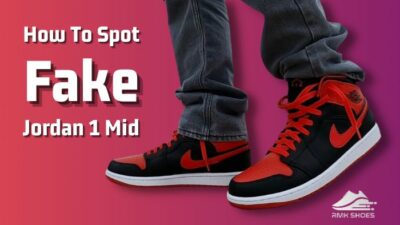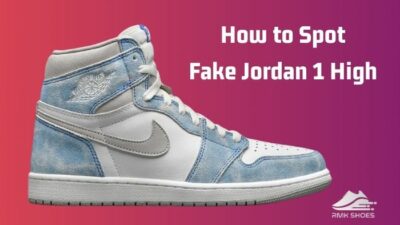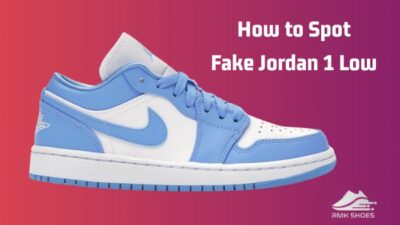There’s no denying that Crocs have massive popularity and fanbase. Some of the loyal customers of the brand swear by their clogs!
But I have often heard complaints about people’s feet sweating after wearing crocs – whether it’s hot or cold.
So, do crocs make your feet sweat?
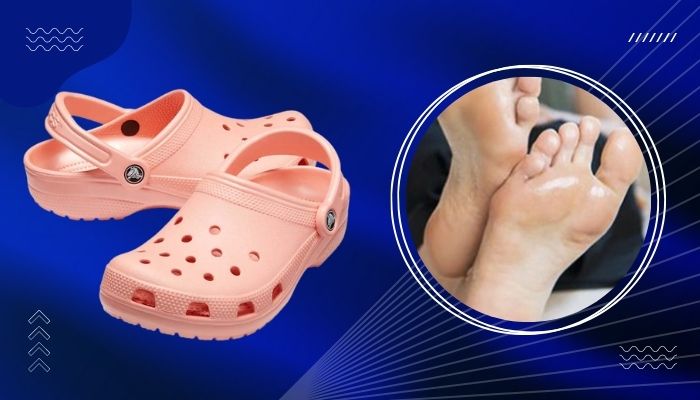
Yes, crocs can make your feet sweaty. This is because the crocs are made of non-porous closed-cell resin foam, Croslite. As a result, when your feet sweat, the material does not absorb the sweat, and due to poor ventilation, the sweat remains inside, making your feet sweaty (and sometimes smelly).
Now that you know that crocs can make your feet feel sweaty, read till the end to know why this happens and how to protect your feet from getting sweaty and slippery in your favorite crocs.
Do Crocs Make Your Feet Sweat?| Answered
Many people have experienced sweaty and slippery feet from wearing crocs – and many haven’t – which gave rise to the question of whether crocs actually make your feet sweat or not.
Well, they don’t exactly “make” your feet sweat because your feet sweat regardless of what you have on. The only problem is that despite having vents all over the top of the crocs, there is not enough ventilation and airflow to evaporate the sweat being formed.
The vents do help the heat and steam produced to escape the clogs, but it doesn’t help much when it comes to getting rid of the liquid sweat.
Moreover, the crocs’ clogs are made of a special type of foam called Croslite, which is non-porous. Being closed celled and nonporous means that the material does not absorb the sweat being produced.
As a result, the sweat being produced by the feet remains in there, within the clogs, making your feet wet and slippery.
Check out my new post: Do Crocs Come In Half Sizes.
What Happens When Your Feet Sweat In Your Crocs?
Since the Croslite material used to make the crocs is non-porous, as a result, the sweat does not get absorbed, instead, it remains there making your feet feel wet. Since it is not being absorbed, it makes the interior slippery.
Due to the sweat remaining within the crocs, it may cause your feet to start smelling if you wear the sweaty clogs for an extended period of time.
The bacteria responsible for producing the sweat also remains within the clogs and on your feet instead of being absorbed due to the antibacterial properties of Croslite material.
The bacteria being harbored is not too good for the feet, because if your feet remain exposed to sweat for extended periods like this it may lead to other unwanted conditions such as athlete’s foot, toenail fungus, and such.
Also, check out my separate post to know Do Crocs Stretch.
What To Do When Your Crocs Get Sweaty?
Now that you know why crocs can get sweaty wet, let me tell you what to do with your crocs afterward.
Keeping a pair of clogs that have harbored a lot of sweat and bacteria without rinsing them is a bad idea as they might start smelling bad. If you have worn your crocs for a long time, then you must wash them properly after taking them off.
Remember that to prevent your clogs from starting to stink, it’s important that you clean them properly on a regular basis.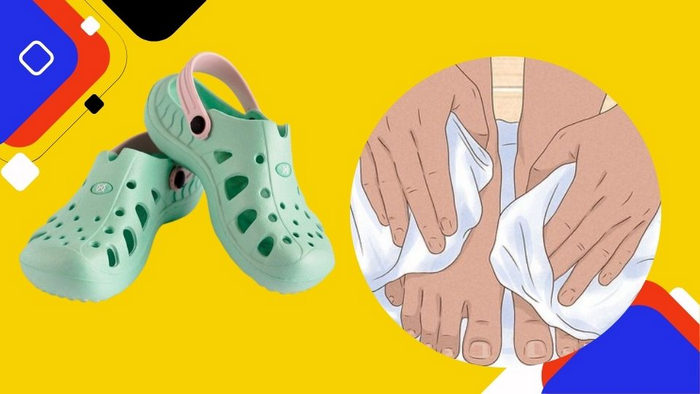
If your crocs are simple clogs, just wash them thoroughly with soap and water. The soap will help get rid of any bacteria or fungi lingering back inside your crocs.
If your crocs are furry, then you can wash them gently in your washing machine and leave them to air dry overnight.
But if you are washing them by hand, make sure you go over all the curves, edges, and holes, so that all the microbes can get eliminated thoroughly.
Check out our epic guide to know Do Crocs Shrink In The Sun.
How To Stop Your Feet From Sweating In Crocs?
No one likes sweating in a pair of shoes, especially if it’s in your favorite pair of crocs!
So, if your feet sweat in crocs, it’s not the endgame – there’s still hope for you. You can prevent your feet from sweating and getting your crocs wet and gross.
Below I have mentioned a few methods you can use to stop your feet from sweating aggressively while wearing crocs.
Here are the best ways to stop your feet from sweating in crocs:
Wear Socks With Your Crocs
One of the best ways of preventing your feet from getting wet with sweat is to wear socks with your crocs, just like you wear them with your sneakers.
Whenever you know you will be wearing your socks for an extended period of time, just put on a pair of fresh and clean socks with them and you’ll be good to go.
Yes, wearing socks in summer with your crocs can seem hot, but it really isn’t if you can get your hands on the right type of socks. Get yourself a few pairs of cotton socks. The cotton socks are very breathable and perfect for hot weather.
Also, follow our guide to know Dansko Vs Crocs: Who Is The Winner.
On the other hand, for colder days you can wear your crocs with a pair of wool socks – they will keep your feet warm which keeps them from sweating in your crocs.
However, avoid wearing socks made of nylon, because instead of absorbing, it will make your feet sweat more by trapping all the moisture in due to poor ventilation.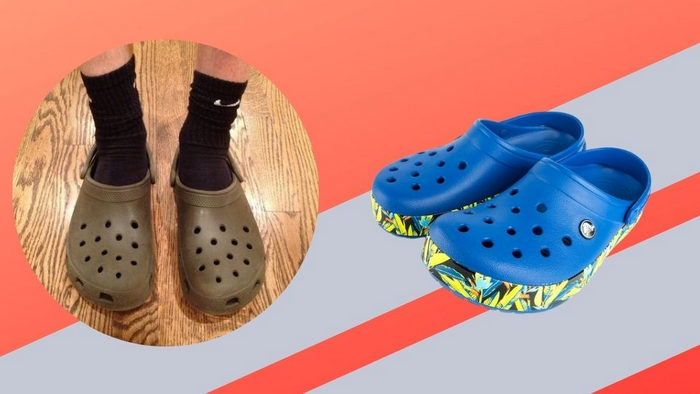
Use An Effective Antifungal Powder
If simply wearing socks is not effectively preventing your feet from getting sweaty in your crocs then you might want to try out antifungal powder. The powder works by preventing fungal growth on your feet, keeping them dry and free from bad odor.
If you can’t find antifungal powder anywhere, there’s a DIY alternative for you: Cornstarch!
Apply sufficient quantities of cornstarch to your feet before putting on your socks and crocs.
Even though it’s not as effective as antifungal powder, it does get the work done.
Check out our epic guide on how to Make Crocs Shiny Again.
Use An Antiperspirant Deodorant
Another smart way of preventing your feet from sweating is by using antiperspirant deodorant.
Yes, the ones that you use on your underarms, to prevent them from getting sweaty! You can use the same antiperspirant deodorant for your feet as well.
The antiperspirant deodorant works by preventing the sweat glands from releasing sweat and blocking the sweat pores.
When used correctly, antiperspirant deodorants can work wonders in stopping your feet from getting sweaty. Just apply them to your clean and dry feet before going to bed.
Wash your feet after waking up in the morning, and repeat the process for three to four days to get the best results.
After repeating it the first time around, start repeating this step once a week. Studies have shown that this works well for people who have comparatively sweaty feet.
Make Sure You Buy The Right Size
One important thing that not enough people know about is the importance of getting the right size of shoes to keep your feet from sweating.
Yes, you read that right. If the size of your clogs is too small or too tight, you might want to opt for a bigger size because when your shoes are too tight it causes your feet to start sweating much more.
Should You Change Your Shoes?
If you have tried out all the methods mentioned above and none of it has helped you prevent your feet from sweating, then you might want to get your hands on a different pair of shoes.
Get a pair that’s not made from closed-cell resin foam, try something that’s light and comfortable yet breathable.
You can even consult a dermatologist who can help you get out of this sweaty feet situation.
Conclusion
Remember, letting your feet stay in a sweaty state for long is very unhygienic as it may result in many health conditions, as mentioned above.
So, act smart and keep your feet from getting all sweaty by using the methods mentioned above.
I hope this article has been helpful for you. If you know of any other remedies to get rid of the excessive sweating, do share with me in the comments below.

